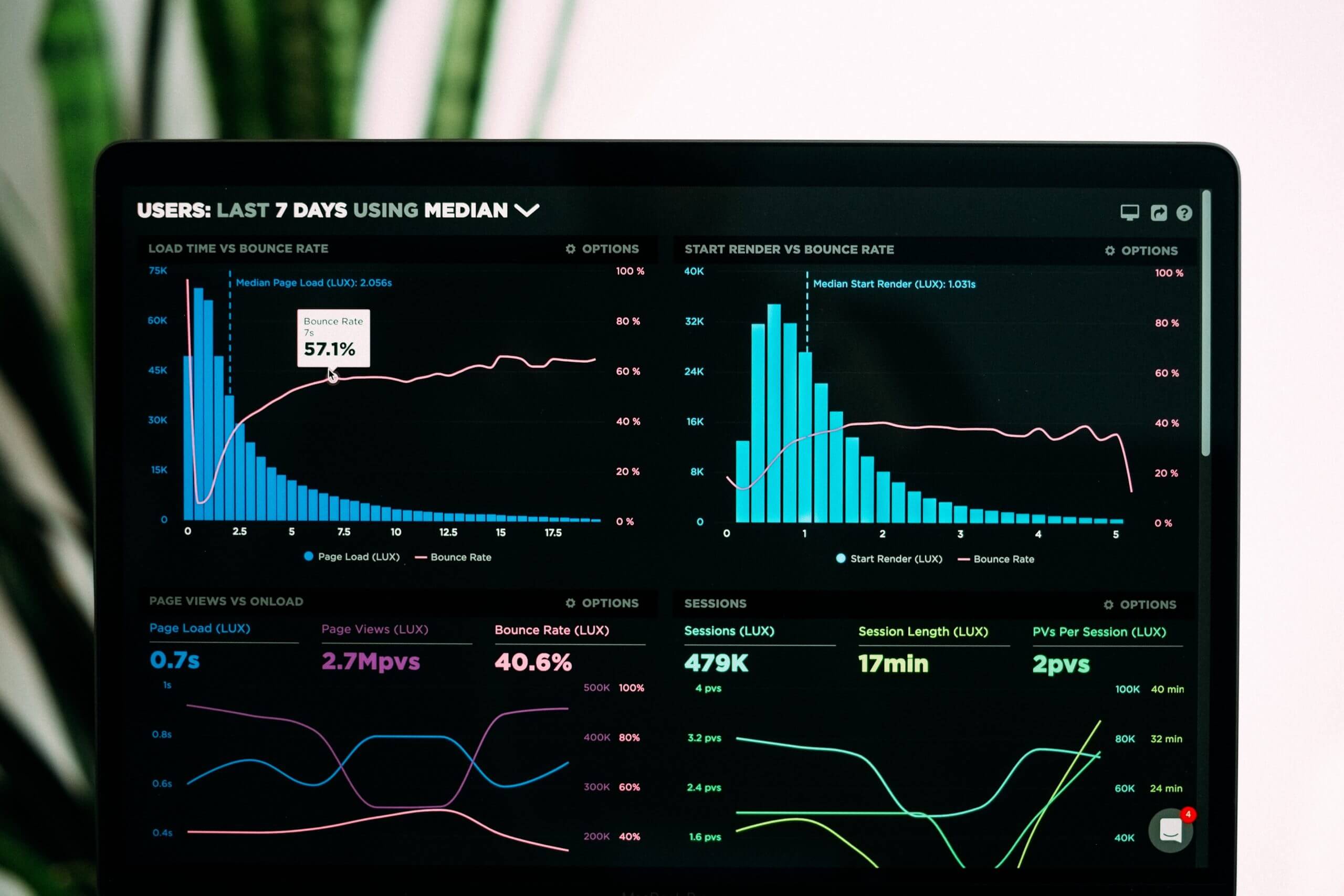Whether you’re brand new to the business world or a seasoned vet, it’s highly likely you’ve heard the term KPI bandied about. Key performance indicators are valuable tools for everything from marketing to project management, and understanding what they are and how they can be used could be just what your business needs to scale up to the next level of success.
What is a KPI?
A KPI, or key performance indication, is a data point that measures a value that’s important to how a business is operating and/or achieving its goals. KPIs can be measured daily, monthly, quarterly or on any other schedule that makes sense to your business.
Unlike other tools that deliver a yes or no answer (“Did we reach our goal?” “Are we making a profit?”), KPIs dig into efficacy and efficiency to help you gauge overall performance and scrutinize specific aspects of your business. Armed with great KPIs, you can find ways to improve and adjust your processes as issues arise.
What Makes a Good KPI?
A good key performance indicator should tick five important boxes:
- Quantifiable: KPIs are measurable and can be represented with numeral figures, percentages or ratios. You’re basically defining a standard such as time, amount or cost.
- Reliable: For KPIs to be usable, they need to be reliable and gathered using trustworthy methods and/or gleaned from trustworthy source. Otherwise, you risk basing important decisions on bad data.
- Shared: Good KPIs should be shareable between departments and team members within those departments. In other words, don’t hog your data. Sharing access to important information is crucial when you want to keep everyone on the same page and work together to achieve collective success.
- Objective: Think of KPIs like they’re scientific data: If any bias or subjectivity enters the picture, the info starts to lose its power. Look for KPIs that are unprejudiced by opinions so you can interpret the data as you see fit.
- Trackable: This probably goes without saying, but KPIs should be trackable. It’s one thing to say you want to calculate how often your ideal buyer shops while watching TV, but if you don’t have any way to track that, the entire idea is pointless.
- Balanced: KPIs don’t exist in a vacuum. A good KPI should be evaluated in concert with other business metrics so you understand the big picture. For instance, a short sales cycle may seem like a good idea, but not if the close rate is super low.
What Are Some Examples of KPIs in Business?
Here are some examples of KPIs commonly used in business:
- Growth in revenue
- Gross profit margin
- Net profit margin
- Average conversion time
- Lead-to-opportunity ratio
- Employee churn rate
- Monthly website traffic
- Click-through rate
- Net promoter score
- Average ticket resolution time
- Monthly sales growth
- Cost of customer acquisition
Head over to our guide to key business performance metrics to learn more about KPIs and how data can help your business become more efficient.




